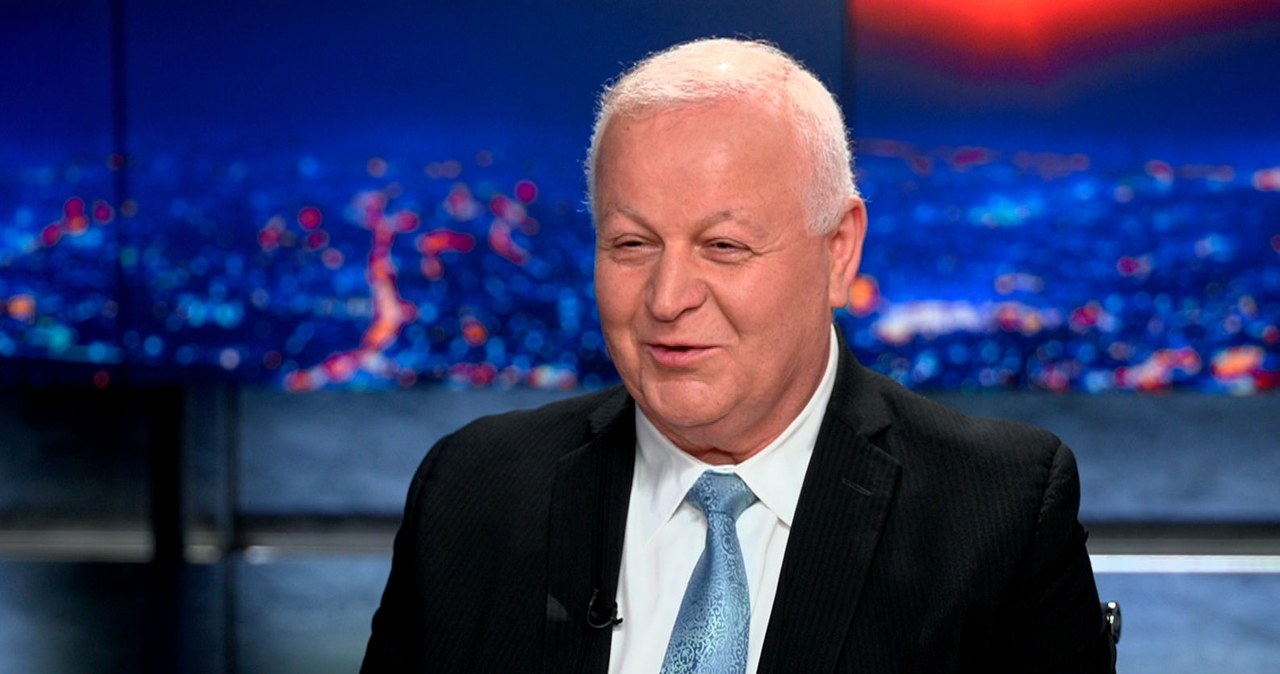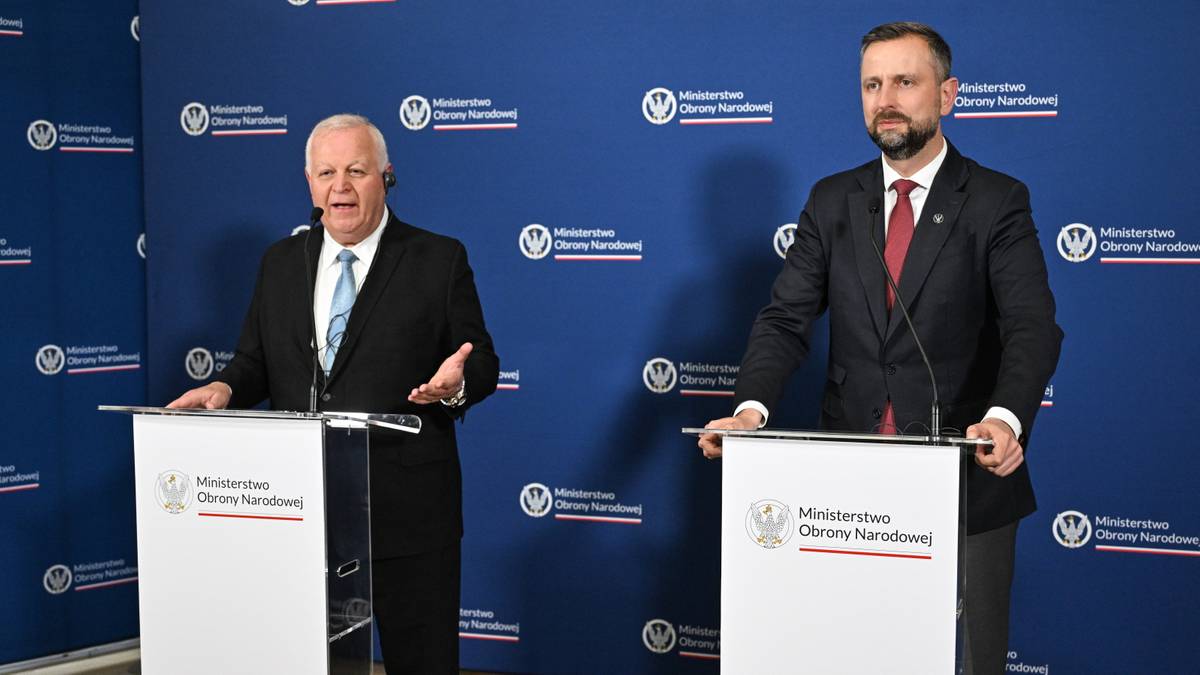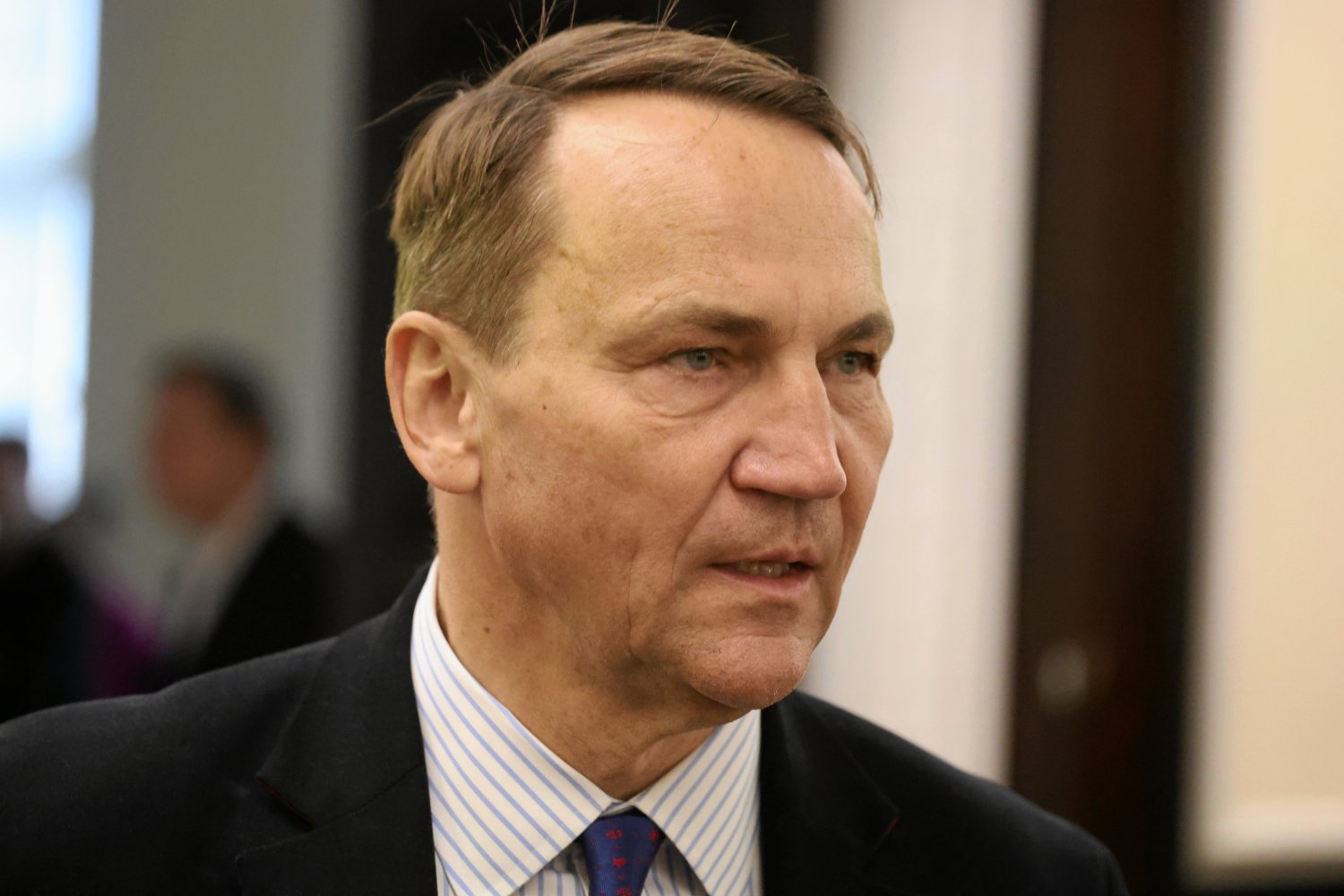The UK, France and Germany are moving to revive sweeping UN-backed sanctions against Iran over fears the country is developing nuclear weapons. The three European powers, known as the E3, plan to reimpose sanctions after diplomatic efforts to restart talks over Tehran's nuclear programme stalled.
Iran has insisted its nuclear programme serves peaceful purposes, but has enriched uranium to levels exceeding those required for civil nuclear power. This breaches the terms of a nuclear deal agreed with western nations in 2015.
The E3 countries wrote to US Secretary of State Marco Rubio this week outlining their intent and notified the UN on Thursday afternoon. A 30-day period now begins before the sanctions take effect, during which the UK, France and Germany hope talks can resume and Iran will agree to scale back its nuclear ambitions.
Uranium stockpile concerns
A UK Government official said Iran is in "significant non-compliance" with the 2015 nuclear deal terms. The country is the "only non-nuclear weapon state producing highly-enriched uranium" with a stockpile exceeding 400kg - the approximate threshold for nuclear weapons material.
The official added there has not been "sufficient response on the Iranian side to reach an agreement" despite E3 nations "making every effort to resolve this diplomatically, bending over backwards to do so". The sanctions are likely to trigger a harsh reaction from Tehran, where relations with the West are already strained.
Israeli strikes and inspection limits
Relations deteriorated further following Israel's 12-day war with Iran earlier this year, during which Israeli forces targeted the country's largest nuclear sites after claiming Tehran was close to developing nuclear weapons. Nuclear inspectors from the International Atomic Energy Agency have returned to Iran following the conflict but face restrictions on their movements.
According to The Guardian, IAEA inspectors are now only allowed access to the Bushehr nuclear site and must be accompanied by Russian personnel. This represents a significant limitation on international oversight of Iran's nuclear activities.
Diplomatic window remains
The October 18, 2025 expiry date for the original 2015 nuclear deal creates additional urgency for European action, as The Guardian reports. During the 30-day implementation period, the UK, Germany and France plan to kickstart fresh negotiations with Iran.
A six-month extension offering Iran reprieve from the sanctions "still remains" a possibility, the Government official confirmed. This would provide additional time for diplomatic resolution if Iran demonstrates compliance with nuclear oversight requirements.
Sources used: "PA Media", "The Guardian", "BBC", "The Standard" Note: This article has been edited with the help of Artificial Intelligence.






